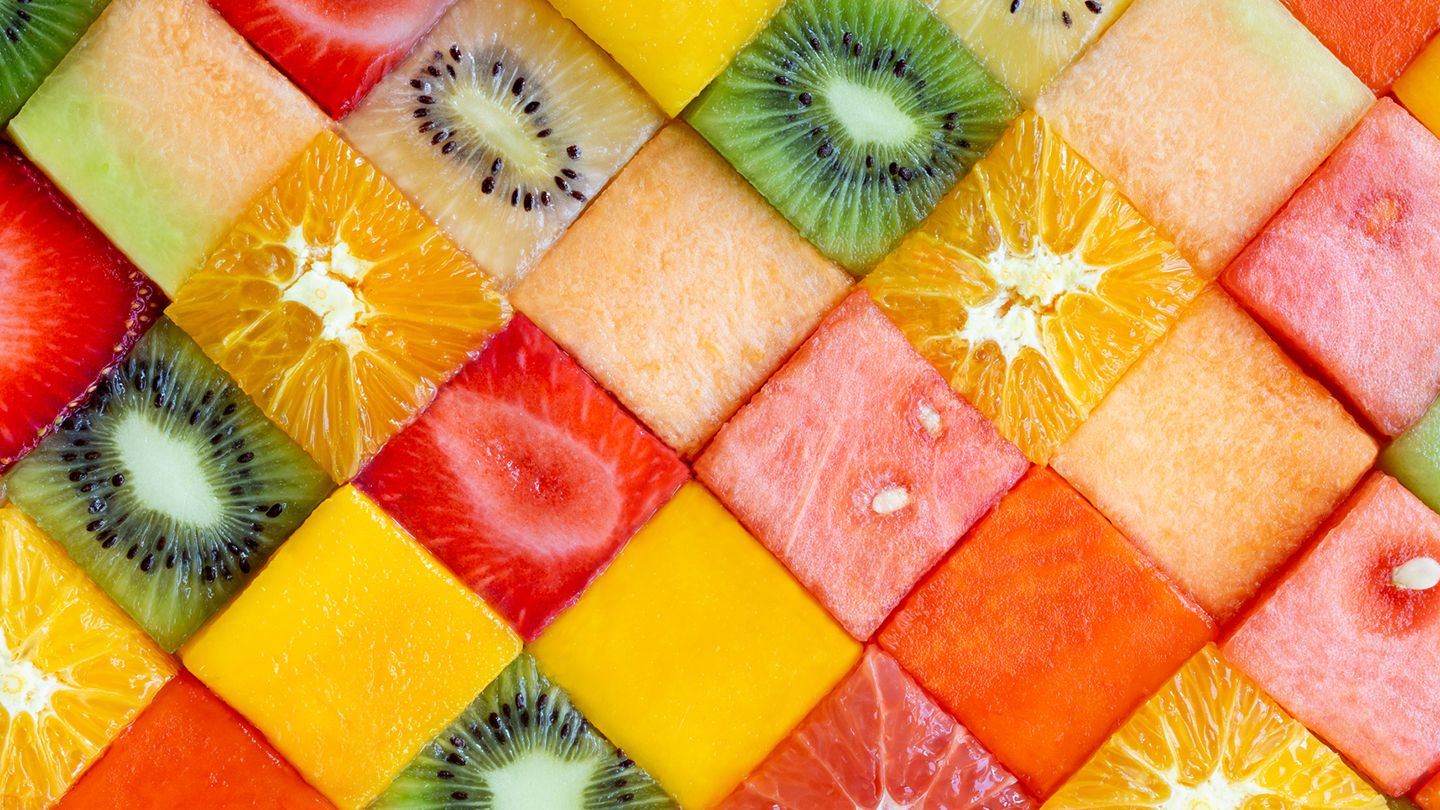The Benefits of #Low-Carb #Frozen Vegetables
Frozen vegetables have long been hailed as a convenient and affordable option for busy individuals. However, for those following a low-carb or ketogenic diet, frozen veggies offer even more advantages:
Nutrient Density
Frozen vegetables are often picked at peak ripeness and flash-frozen to lock in their nutritional value. This process helps retain valuable vitamins, minerals, and antioxidants, ensuring you get the most bang for your buck when it comes to nourishing your body.
Versatility and Convenience
With a wide variety of low-carb frozen vegetables available, you can easily add diversity to your meals. From hearty broccoli and cauliflower to leafy greens and crisp peppers, the options are endless. Plus, frozen veggies have a longer shelf life, reducing food waste and making meal planning a breeze.
Carb Consciousness
By opting for low-carb frozen vegetables, you can enjoy the benefits of a nutrient-dense diet without compromising your commitment to a low-carb lifestyle. Many frozen veggies, such as broccoli, cauliflower, and spinach, are naturally low in carbohydrates, making them perfect additions to your keto-friendly meal plan.
Top #Low-Carb #Frozen Veggies for the Keto Diet
Ready to embrace the world of low-carb frozen vegetables? Here are some top choices to consider:
Broccoli
Broccoli is a nutritional powerhouse, packed with fiber, vitamins C and K, and antioxidants. With around 2 grams of net carbs per half-cup serving, it's an excellent choice for keto enthusiasts. Enjoy it steamed, roasted, or even blended into a creamy soup.
Cauliflower
Cauliflower has become a staple in the low-carb community due to its versatility and mild flavor. With around 3 grams of net carbs per cup, it's perfect for making keto-friendly "rice," mashed "potatoes," or even pizza crusts. The possibilities are endless!
Spinach
Spinach is not only low in carbs (around 1 gram per cup), but it's also a rich source of essential nutrients like iron, calcium, and vitamins A, C, and K. Incorporate this leafy green into omelets, smoothies, or sauted dishes for a nutritional boost.
Brussels Sprouts
Brussels sprouts are often overlooked, but they deserve a place in your low-carb frozen veggie rotation. With around 5 grams of net carbs per cup, they're a great source of fiber, vitamins C and K, and anti-inflammatory compounds. Roast them with a drizzle of olive oil for a delicious side dish.
Tips for Incorporating #Low-Carb #Frozen Veggies into Your Keto Lifestyle
Integrating low-carb frozen vegetables into your keto diet can be easier than you think. Here are some tips to help you get started:
Meal Prep and Batch Cooking
Take advantage of frozen veggies' convenience by incorporating them into your meal prep routine. Cook larger batches of vegetables and portion them out for easy grab-and-go meals throughout the week.
Experiment with Flavors and Cooking Methods
Don't be afraid to try new cooking techniques and flavor combinations. Roast your veggies with garlic and herbs for a burst of flavor, or saut them with butter and spices for a quick and tasty side dish. The possibilities are endless!
Incorporate Veggies into Existing Dishes
Rather than treating vegetables as a separate side dish, consider incorporating them into your main meals. Add broccoli or cauliflower to your favorite keto-friendly casseroles, or mix spinach into your morning omelet for a nutrient boost.
Stay Hydrated
Increasing your intake of low-carb vegetables can help combat constipation, a common concern for those following a ketogenic diet. However, it's essential to stay well-hydrated to facilitate optimal digestion. Aim to drink plenty of water throughout the day to support overall health.
By embracing the convenience and nutritional benefits of low-carb frozen vegetables, you can elevate your keto lifestyle and nourish your body with ease. So, head to the frozen section of your local grocery store and stock up on these keto-friendly gems your taste buds and your health will thank you!
FAQs
What are the benefits of frozen vegetables for a keto diet?
Frozen vegetables are an excellent choice for a keto diet because they are naturally low in carbs, nutrient-dense, and convenient. They offer a wide variety of options to help you maintain a balanced and healthy diet while staying within your carb limits.
Are frozen vegetables as nutritious as fresh ones?
Yes, frozen vegetables can be just as nutritious as fresh ones. They are typically picked at peak ripeness and flash-frozen to lock in their nutrients. This process helps retain vitamins, minerals, and antioxidants, making frozen veggies a nutrient-dense choice.
Can I eat too many low-carb vegetables on a keto diet?
While low-carb vegetables are an essential part of a well-rounded keto diet, it's important to consume them in moderation. Stick to the recommended portions and monitor your overall carb intake to ensure you remain in a state of ketosis.
Which frozen vegetables are best for meal prep?
Frozen vegetables like broccoli, cauliflower, spinach, and Brussels sprouts are excellent choices for meal prep. They can be cooked in larger batches, portioned out, and easily incorporated into various keto-friendly dishes throughout the week.
Disclaimer: This article is for informational purposes only and does not constitute medical advice. Always consult with a healthcare professional before starting any new treatment regimen.
Related Coverage
With high-carb acorn and butternut off the keto menu, learn which low-carb squash types fit into a ketogenic diet, from zucchini and spaghetti to yellow squash and calabaza....
Explore the sugar content of lemons vs. strawberries, two popular fruits that often spark curiosity. Discover which one has more natural sugars and how to incorporate them into a balanced diet....
Discover the best low-glycemic, low net carb fruits and homemade fruit snacks to enjoy on a keto diet. Keep your sweet tooth happy and stay in ketosis....
Olives can be included in a ketogenic diet due to their low net carbs, high fat content, and health benefits. But pay attention to sodium, calories, and tolerances....
Find out the carb count of raw and cooked yellow squash. Learn how yellow squash fits into a low-carb or keto diet along with best cooking methods....
Apple juice is high in sugar and carbs so it does not suit a keto diet. Enjoy refreshing low-carb homemade juices with leafy greens, berries, citrus fruits, avocado, nuts instead....
Don't skimp on flavor just because you're eating keto. These tips and recipes for keto Thanksgiving sides let you enjoy cauliflower mash, green beans, Brussels sprouts, and more....
Wondering if cottage cheese is keto-friendly? Find out everything you need to know about adding this nutritious high protein snack to your low carb diet....
Learn which foods to avoid when you have gallbladder issues. A gallbladder diet limits fried fare, fatty meats, full-fat dairy, and other problematic foods....
Learn how to get enough fiber on the keto diet to prevent constipation. Discover the best low-carb, high-fiber foods to eat and supplements like psyllium husk....









